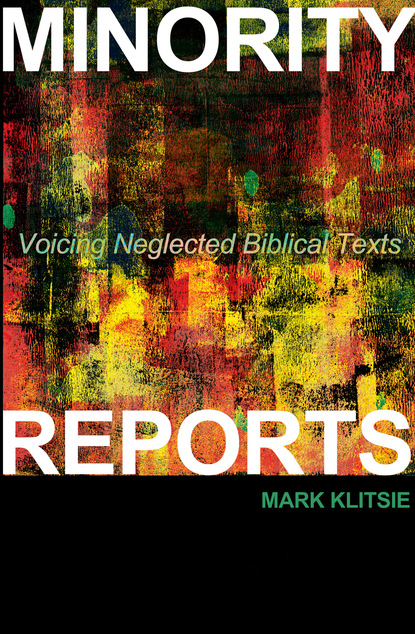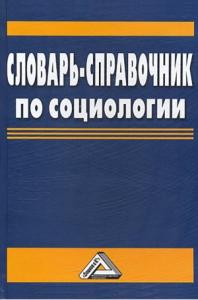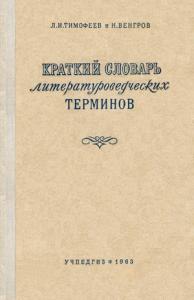
Minority Reports скачать fb2
Mark Klitsie - Minority Reports краткое содержание
The stuff that comes after modernism isn't all bad. Postmodernism, not needing everything to be buttoned up, can leave things dangling; it can pay attention to the obscure, marginal, and particular. The postmodern dynamic invites one to revisit biblical texts that do not fit into tidy, cherished theological constructs: I call these texts the «minority reports.» Popular theology infers that God is just pretending when he changes his mind or gets frustrated, saddened, and affected by humans–this understanding is guided by concepts of God's omni-attributes. But these wise and well-intentioned concepts fail to portray a God who will not be domesticated. Certain biblical narratives trace YHWH's hiddenness, suffering, changeability, and «hostility»–this awkward «shadow side» of YHWH is sometimes selectively overlooked. The fear of God is gone. Instead we have the ever-tolerant, universal God who is in danger of evaporating into «spirit,» «light,» and «love.» As a theologian I use Hebrew block logic: competing truths in the Bible are kept intact; synthesis isn't necessarily sought. God chooses us and we choose God; God is self-sufficient, all-powerful, and all-knowing, needing no creature. Yet he chooses to limit his «omni-ness» in the human arena and makes himself vulnerable to humans. He hyphenates his name with Abraham, Isaac, Jacob–and the church–at a risk.
Скачать книгу «Minority Reports» Mark Klitsie
Чтобы оставить свою оценку и/или комментарий, Вам нужно войти под своей учетной записью или зарегистрироваться



